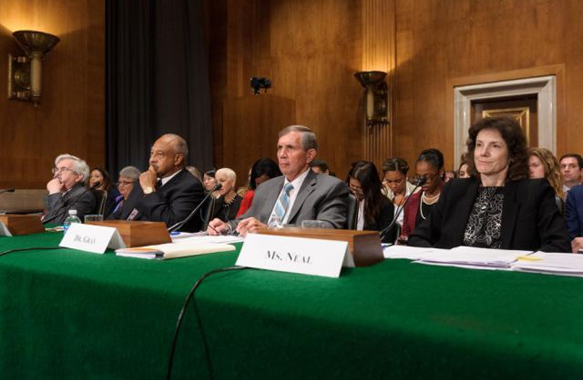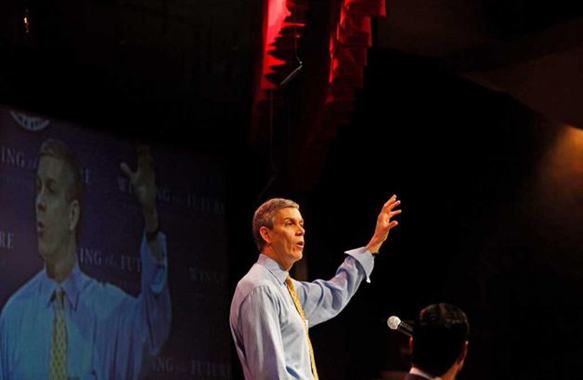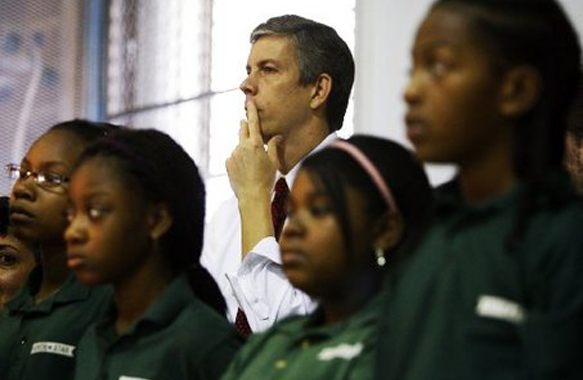The question might be is there, was there, and will there be ethics in philanthropic education endeavors? Is the settlement better than the misdeed? Who, how, and why an individual or organization invests in education must be a consideration. But is it, or will it be when settlements look like…
Publishing Giant Pearson’s Nonprofit Arm Settles Investigation
UPDATED | The nonprofit arm of publishing giant Pearson Inc. agreed Thursday to pay $7.7 million to settle an investigation into whether it improperly sent government employees on international junkets.
The London-based company didn’t admit wrongdoing in the settlement with the New York state Attorney General’s office. The bulk of the settlement, $7.5 million, will go toward 100Kin10, an organization that is trying to place 100,000 highly-qualified math and science teachers in classrooms across America by 2021.
State Attorney General Eric Schneiderman opened the investigation in 2011 into whether the company mixed business with foundation work. The foundation put on conferences in countries from Brazil to Singapore, flying in state education officials for trips described by the foundation as educational.
“The law on this is clear: non-profit foundations cannot misuse charitable assets to benefit their affiliated for-profit corporations,” Mr. Schneiderman said. “Moving forward, funds for Pearson Charitable Foundation will be used exclusively for legitimate charitable purposes, beginning with millions of dollars to help ensure that every public school student has a great teacher in the classroom.”
In an e-mail to Pearson employees Thursday evening, CEO John Fallon wrote that the company had reviewed its internal governance practices.
“Pearson and the Pearson Foundation have always acted with the best intentions and complied with the law,” Mr. Fallon wrote. “However, we realized that there were times when the governance of the Foundation and its relationship with Pearson could have been clearer and more transparent.”
In the letter to employees, Mr. Fallon said the foundation added independent directors to the board and will adopt an audit committee.
The officials who accepted the trips included former New York state Education Commissioner David Steiner, a state Education Department spokesman said. The state shortly thereafter awarded the for-profit testing company a five-year, $32 million contract to create tests for third- through eighth-graders given every spring.
Mr. Steiner went to a conference in London titled “Effective Approaches to Teaching and Learning in the 21st Century” hosted by the Pearson Foundation and the Council of Chief State School Officers, state officials said.
Mr. Steiner declined to comment on Thursday. In 2011, he told The Wall Street Journal that the trip was a professional one, where he and other state education commissioners visited schools and heard presentations.
“There were no sales pitches, that’s clear,” he said. “This particular one in London was focused on the future of digital education, questions around new ways of teaching and new forms of delivering education.”
He said the state was aware that the Pearson Foundation was co-sponsoring the meeting, but the reimbursement came from the school officers council, and the trip was cleared by the state Education Department’s ethics officer. The school officers council grants came from Pearson foundation funds, the settlement agreement said.
In 2011, a New York state Education Department spokesman said the contracting process was “always followed to the letter; and the Pearson contract was no exception.”












Leave A Comment